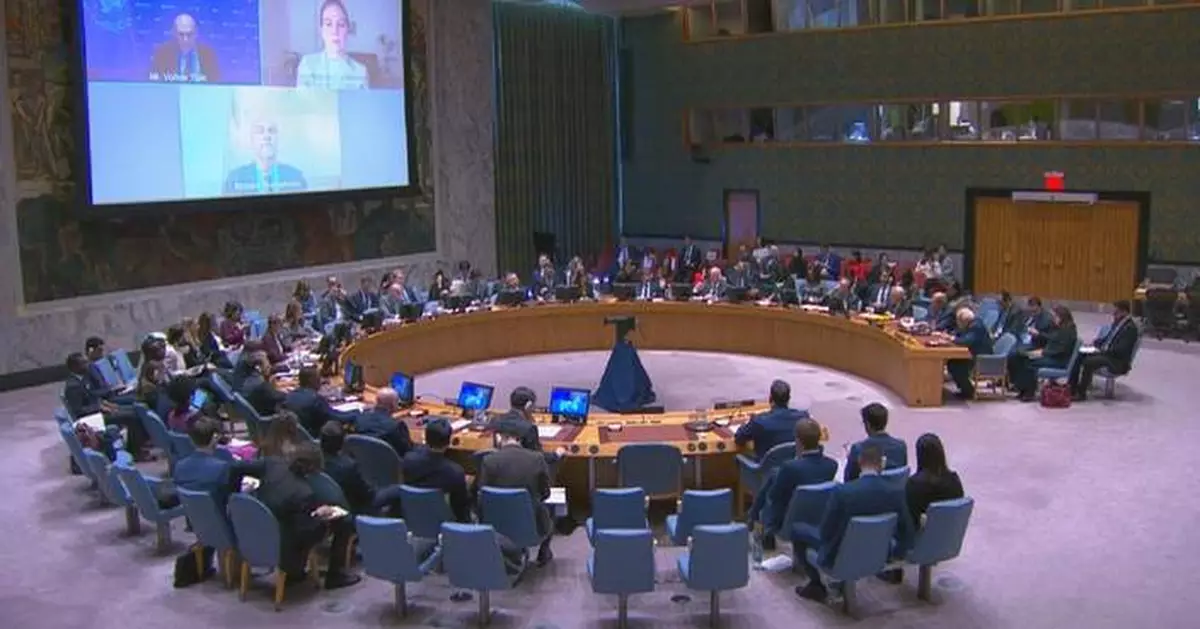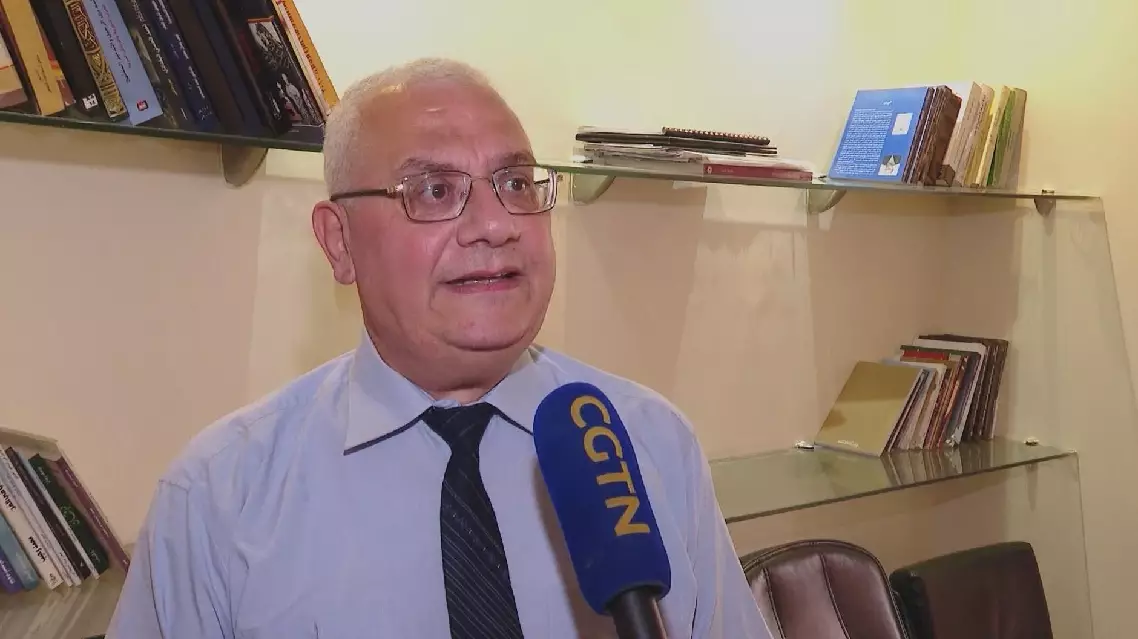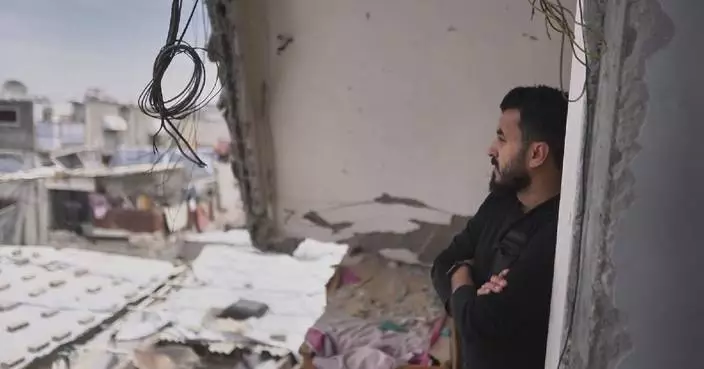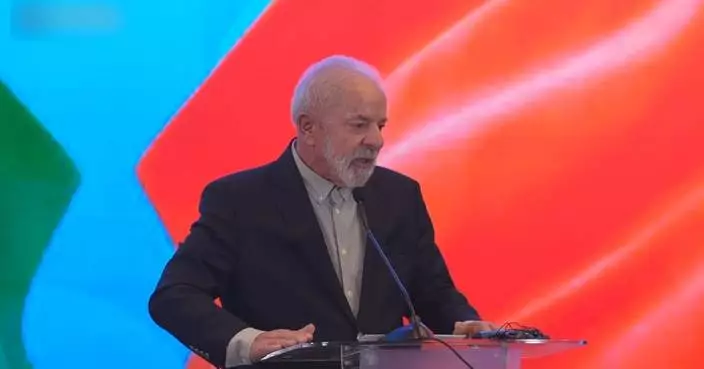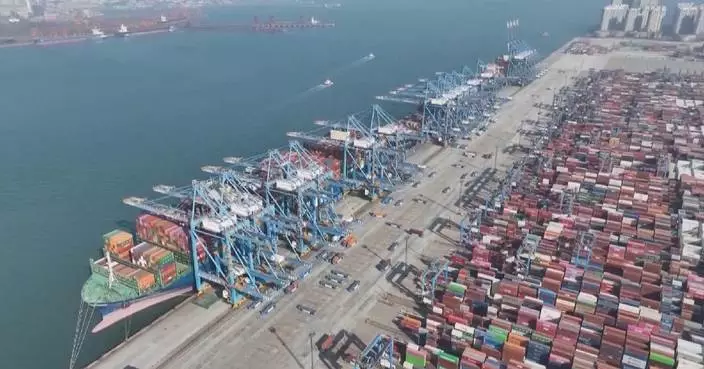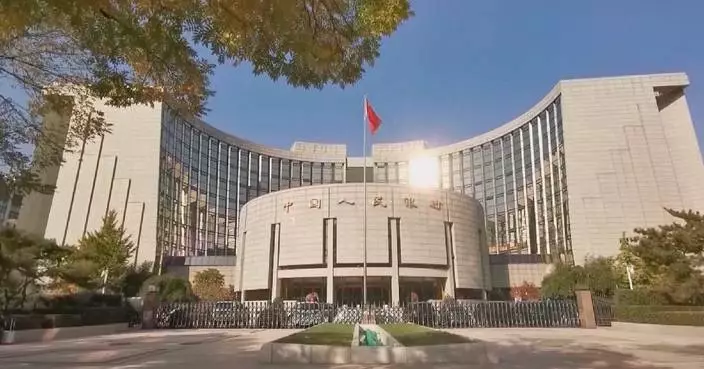The United Nations Security Council has warned that Israel's military operations are pushing the Palestinian healthcare system to the brink of collapse, during its first meeting in 2025, as the Gaza Strip's hospitals are overwhelmed with a surge in casualties.
The Security Council -- including its new members for the current term -- held its first meeting of 2025 on Friday, focusing on the conflict in Gaza and attacks on its health facilities.
The Council was informed that "a human rights catastrophe continues to unfold in front of the world," and that Israel's justifications for its operations are often vague and contradicted by reports.
Volker Turk, the UN High Commissioner for Human Rights, provided devastating details on the situation in Gaza, saying that Israel's actions raise concerns about whether international law is being violated.
Turk told the meeting that Israel had conducted 136 strikes on 27 hospitals and said that healthcare staff were being subjected to arrests, harassment and interrogations.
"The protection of hospitals during warfare is paramount, and must be respected by all sides, at all times. The destruction of hospitals across Gaza, goes beyond depriving Palestinians of their right to access adequate healthcare," he said.
Israel's claim that Hamas uses hospitals improperly and as a base for military operations was often "vague, broad, and contradicted by public reports," according to Turk.
The meeting follows a raid on Kamal Adwan Hospital, the last major functioning health facility in northern Gaza in recent days. It is reported that the hospital's director, Dr. Hussam Abu Safiya, was arrested and has not been seen since.
Israel said the director has been detained, saying he is suspected of "potential involvement in terrorist activity."
China's Permanent Representative Fu Cong said that as the world was counting down to the New Year, people in Gaza were counting down to the next bombing.
"We urge Israel to strictly abide by its obligations under international humanitarian law, stop turning hospitals into battlefields, stop attacking medical facilities, ensure the safety of medical institutions and medical personnel, and release all detained medical personnel," he said.
The meeting comes as a delegation from Israel is expected to arrive in Qatar to continue negotiations for a ceasefire agreement with Hamas.
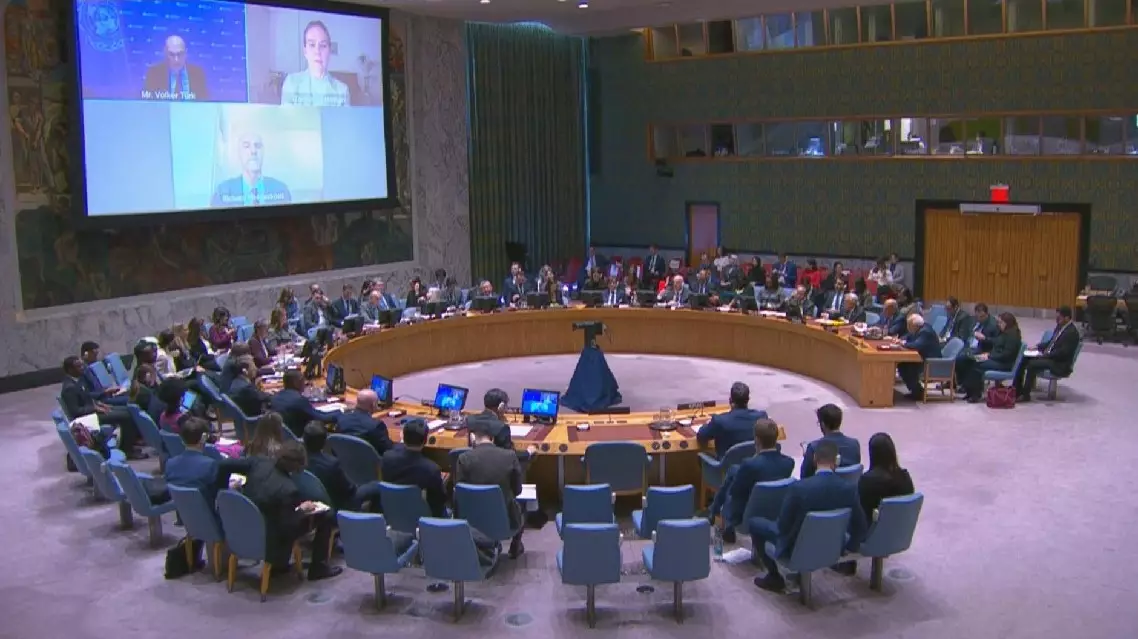
UN Security Council warns of continuing "human rights catastrophe" in Gaza
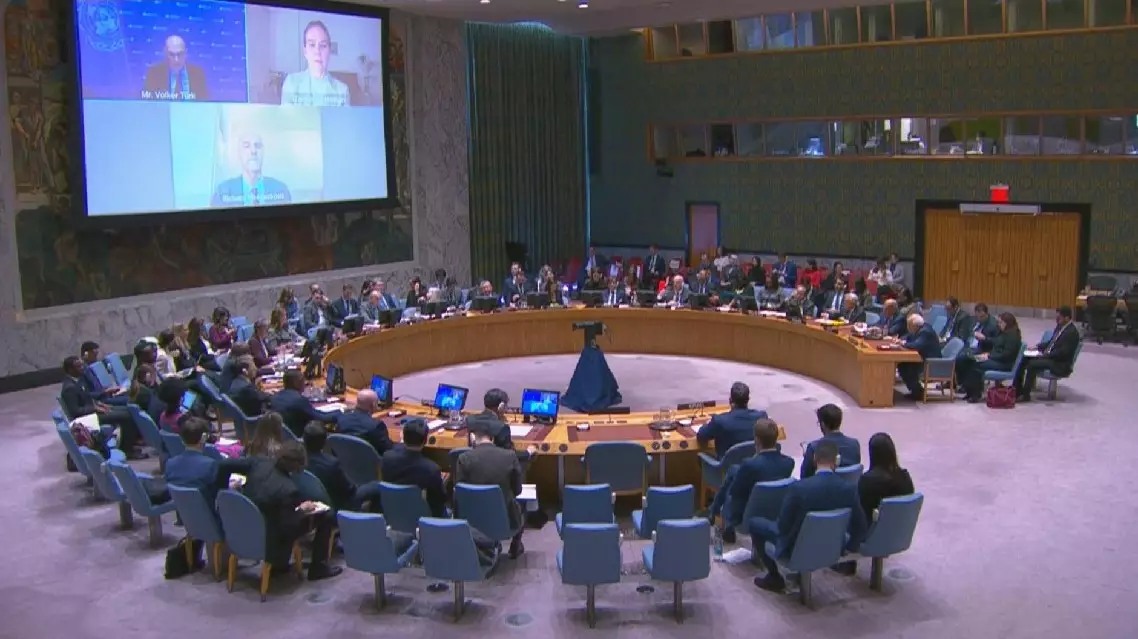
UN Security Council warns of continuing "human rights catastrophe" in Gaza


